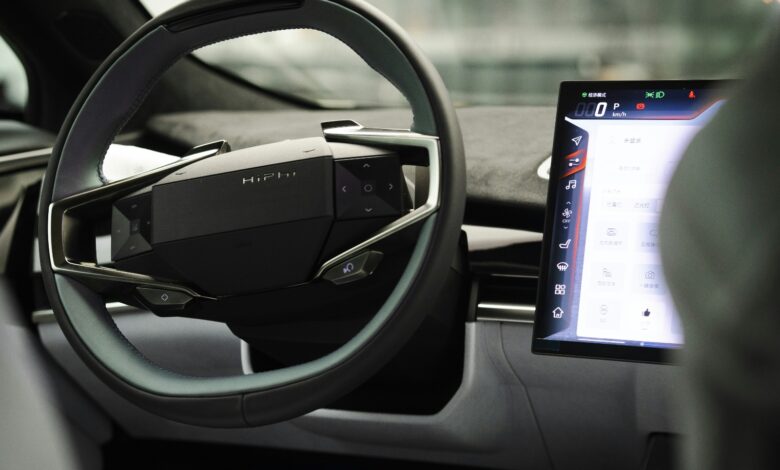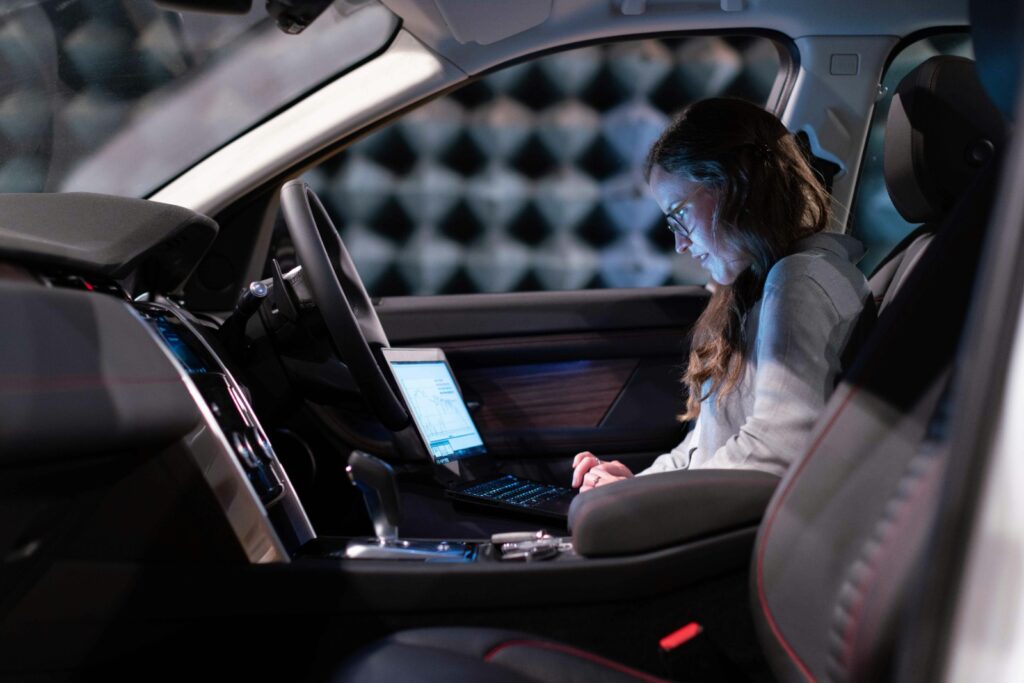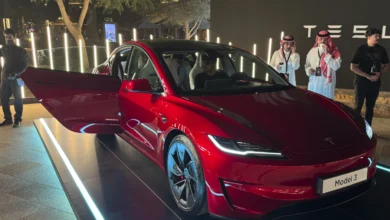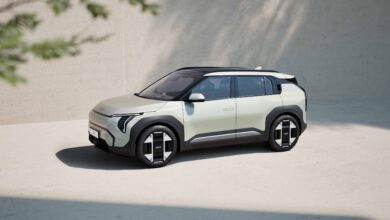Editor’s Opinion- Made in China, Driven in the Middle East: The Next Big Thing on Wheels

For decades, the phrase “Made in China” conjured images of inexpensive replicas, not innovation. But in the world of automotive engineering, the narrative has shifted dramatically. Chinese automakers, once seen as mere imitators, have emerged as challengers to the global automotive titans, winning over Middle Eastern consumers with a compelling mix of cutting-edge technology, sleek designs, and competitive pricing.
Breaking the Mold: From Copycats to Creators
The transformation of China’s automotive industry is nothing short of remarkable. Backed by significant government support, Chinese car manufacturers have poured resources into research and development, propelling their brands from the margins of the global market to the forefront. Brands like Geely, GAC, JAC, Haval, Exeed, BAIC, Changan, Hongqi, Chery, Bestune, BYD, GWM, Zeekr, and Jetour have shaken off the shackles of imitation, crafting stylish vehicles packed with the latest technology features, offer comfort and luxury, and are built to cater to diverse consumer preferences.
Partnerships with global technology leaders have further enhanced their offerings, enabling them to incorporate advanced features into their models. As European Commission President Ursula von der Leyen noted in a recent speech, China’s electric vehicle (EV) exports are bolstered by significant state subsidies, making them highly competitive on the world stage. For Middle Eastern buyers, this translates to vehicles that are both affordable and sophisticated, a combination difficult to resist.

Driving a Revolution in the Middle East
Chinese automakers have taken the Middle East by storm, tailoring their designs and features to match regional tastes. From robust SUVs to eco-friendly EVs, their vehicles have gained favor among consumers seeking style, reliability, and value. In markets once dominated by Western and Japanese brands, Chinese cars are carving out a significant share, bolstered by attractive financing options and a growing network of dealerships.
The diplomatic clout of China’s Belt and Road Initiative (BRI) has also played a crucial role in this success. By building infrastructure, establishing local manufacturing plants, and creating seamless supply chains, the BRI has smoothed the entry of Chinese automakers into the Middle Eastern market. The initiative’s focus on connectivity and collaboration has enabled Chinese brands to deliver affordable, high-quality vehicles while strengthening economic ties with the region.
The Future of Mobility: High-Tech and Electric
China’s automotive ambitions don’t stop at affordability. Brands like BYD, NIO, and Xpeng are investing heavily in next-generation technologies, including autonomous driving and long-range EVs. Collaborations with tech giants such as Huawei have further accelerated the development of smart vehicles, designed to tackle traffic congestion and enhance road safety in urban environments.
Yet, the rapid rise of connected cars also brings cybersecurity challenges. Middle Eastern governments and consumers must address the risks associated with data breaches and hacking, ensuring that the embrace of Chinese vehicles doesn’t come at the cost of digital security.

Local Impact: Jobs, Economy, and Sustainability
China’s investment in local manufacturing plants across the Middle East has the potential to create jobs and stimulate economic growth. However, the long-term benefits will depend on how much technology transfer and local value addition these operations provide.
Simultaneously, the ecological footprint of these vehicles is becoming a key consideration. Recognizing the region’s focus on sustainability, Chinese automakers are leading a green revolution, producing EVs and hybrids designed to reduce emissions and align with the Middle East’s environmental goals.
Rebranding Beyond Borders
The success of Chinese automakers in the Middle East isn’t just about technology or pricing—it’s also about cultural adaptability. By understanding local customs, preferences, and religious practices, brands are building trust and loyalty. Premium rebranding efforts, combined with cutting-edge designs, are helping Chinese manufacturers shed outdated stereotypes and establish themselves as credible competitors to Western and Japanese automakers.

The Road Ahead
As Chinese automakers continue to refine their offerings, they are reshaping the automotive ecosystem in the Middle East. From insurance to after-sales service, the industry is adapting to the rise of Chinese brands. Meanwhile, government incentives and infrastructure investments will further influence this transformation, paving the way for a greener, smarter, and more competitive automotive landscape.
With the Middle East embracing electric vehicles and autonomous driving, the stage is set for a high-stakes showdown among global automakers. The question is no longer whether Chinese cars belong in the region—it’s who will come out on top in this race for the future of mobility.




